
OR
Editorial
Nepal-India Cooperation: A positive momentum for bilateral growth
Published On: September 25, 2023 07:48 AM NPT By: Republica | @RepublicaNepal
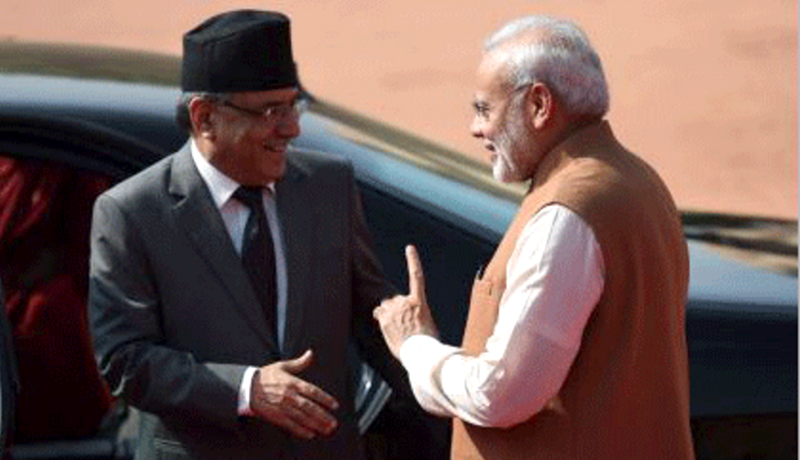
Nepal and India have recently witnessed a shift in their bilateral relationship, with India demonstrating a notable commitment to fulfilling promises and driving the implementation of key agreements. This positive development signifies a departure from the traditional narrative of unmet commitments, highlighting the potential for enhanced cooperation and growth between the two nations. One of the significant milestones achieved is the progress in Nepal-India cross-border electricity trade. During Prime Minister Pushpa Kamal Dahal's visit to India, a crucial pledge was made by New Delhi to purchase 10,000 MW of electricity from Nepal over the next decade. India has taken proactive steps by granting approval for the import of an additional 180 MW of electricity, allowing Nepal to export 631 MW to India. Additionally, the opening of platforms for medium-term and real-time power markets, along with activating a crucial transmission line, demonstrates India's commitment to this important sector.
The Nepal Electricity Authority (NEA) has stated that several hydropower plants can now export electricity under revised conditions, further cementing this newfound cooperation. This includes power generated by various projects such as Chilime, Solu Khola, Kabeli B-1, and others, fostering economic growth and energy sustainability. Another significant stride in the Nepal-India partnership is the operationalization of the Kurtha-Bijalpura rail link, which enhances people-to-people connectivity and facilitates smoother trade and tourism. This connectivity is crucial for economic development and will undoubtedly benefit both nations. Furthermore, cultural heritage promotion has also been a focus of this renewed partnership, with India actively participating in the post-2015 earthquake reconstruction of key sites in Nepal. The reconstruction of various cultural and educational facilities underscores India's commitment to preserving and promoting shared heritage. Additionally, India is actively involved in various community development projects within Nepal. The completion of projects in the education, water supply, and sanitation sectors highlights the positive impact of this bilateral cooperation on the lives of the people.
As we move forward, it is imperative that both governments work closely to ensure the timely and effective implementation of all agreements. The ongoing positive momentum should be capitalized upon to realize the full potential of this relationship, driving prosperity and growth for both nations. By fostering a spirit of collaboration and shared objectives, Nepal and India can achieve unparalleled heights of progress and cooperation in the years to come. The much-awaited multi-purpose Pancheshwar Development Project is pending for years. The completion of this project is vitally important to both our countries. As the Pancheshwar Development Authority has proposed a team of experts meeting for September 29 and 30, we can hope that the meeting will finalize the DPR, burying differences, and pave the way for the actual construction works. Another outstanding issue we have now is the additional air entry routes to facilitate the commercial operation of Gautam Buddha International Airport and Pokhara Regional International Airport. As our relations have moved toward a positive trajectory, we can expect to see the resolution of these two issues through open and constructive dialogue between the two sides.
While the issues of economic cooperation are moving forward in a positive direction, there are some outstanding political issues, including the Eminent Persons Group (EPG) report and boundary issues. The seemingly significant trust deficit that continues between the two countries appears to have affected our relationship at the political front. As our economic prosperity, peace, and stability largely hinge on our relations with India, our political leaders must be able to cultivate relations accordingly. The EPG formed by both governments recommends measures to address the problems seen in our bilateral relations. Both governments can get valuable inputs to improve relations from the committee comprising experts from both countries. It is also in the interest of both countries to resolve the boundary disputes once and for all through quiet negotiation as our relations move on a new trajectory. As a newspaper, we hope to see both countries working to that end through quiet diplomacy and constructive engagements.
You May Like This
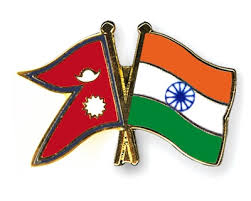
Nepal-India Relations: Search for a New Paradigm
• "Why Don’t They Like Us?" Indian Prime Minister Narendra Modi’s question to his country’s Ambassador to Nepal, Kathmandu Dilemma... Read More...

Government steps back from decision to examine veggies, fruits from India
KATHMANDU, July 5: The government has stepped back from the decision to examine the vegetables and fruits that are imported... Read More...
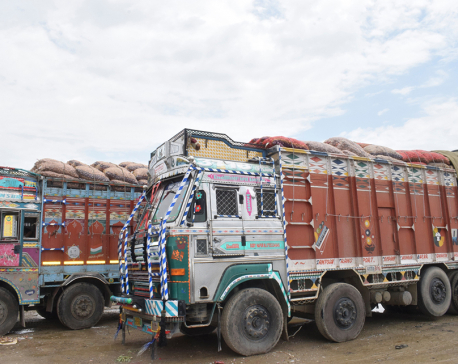
Fruits, vegetables from India stopped at customs, requiring pesticide clearance
BHAIRAHAWA, June 24: Following the government's decision that fruits and vegetables will be allowed entry into the country only after verifying... Read More...




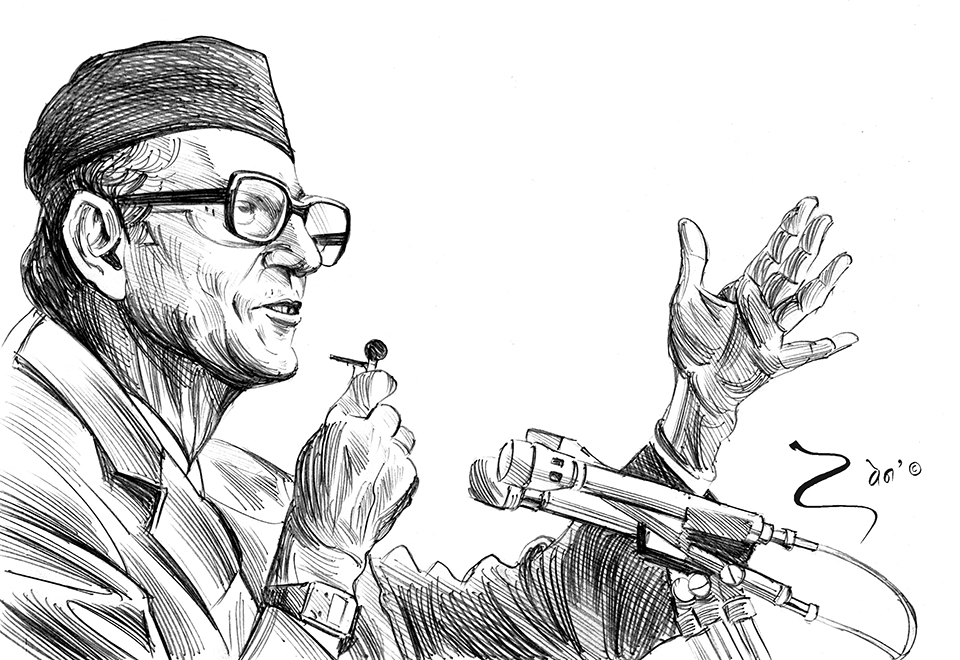


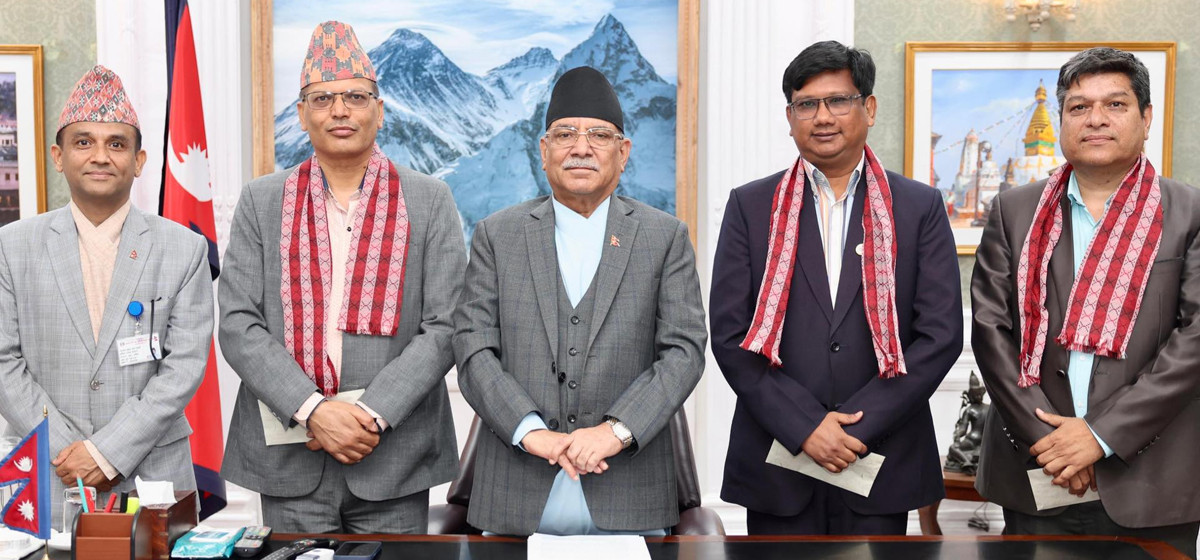
Just In
- Govt urges ISPs to settle outstanding tax liabilities amid internet service disruptions
- Cases of banking fraud up in Nawalparasi
- IGP Kunwar holds meeting with Indonesian National Police Chief Murti
- Nepal faces severe disruptions in internet service after ISPs fail to pay the Indian vendor
- Innovation Fund will be set up for IT sector expansion: PM
- NEPSE loses 7.31 points, daily turnover slides down to Rs 4.13 billion
- President Paudel summons budget session on May 10
- Over 100,000 tourists visit Nepal monthly on average



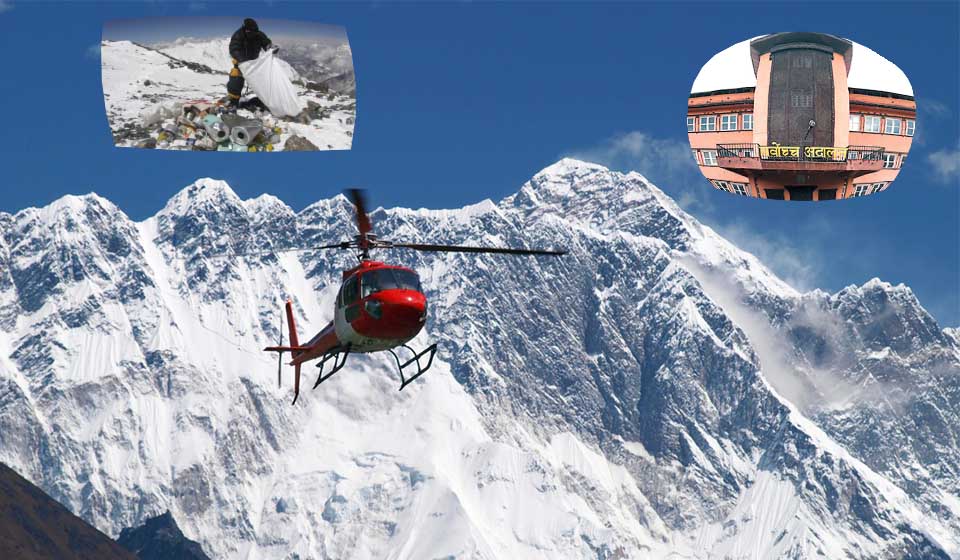


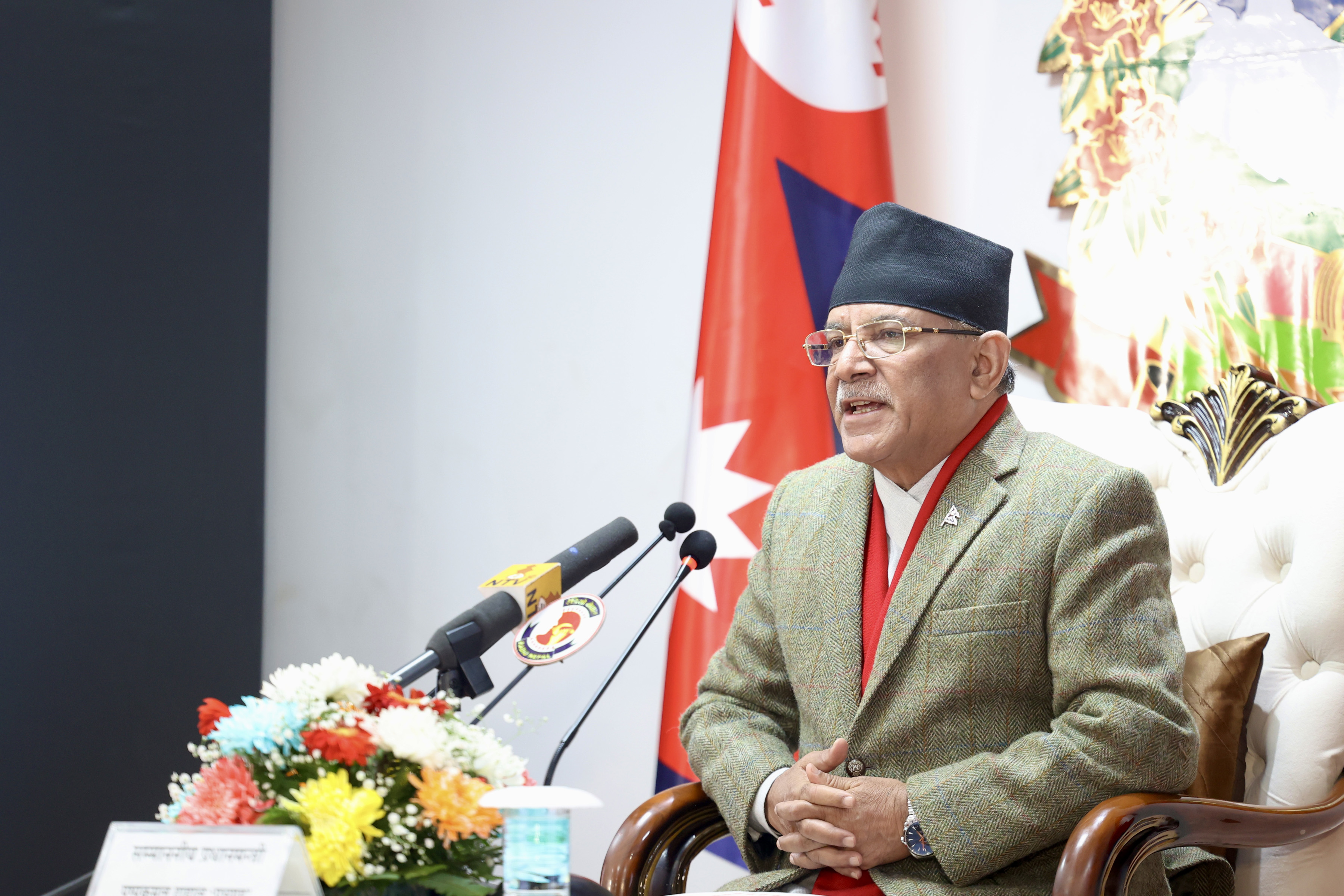

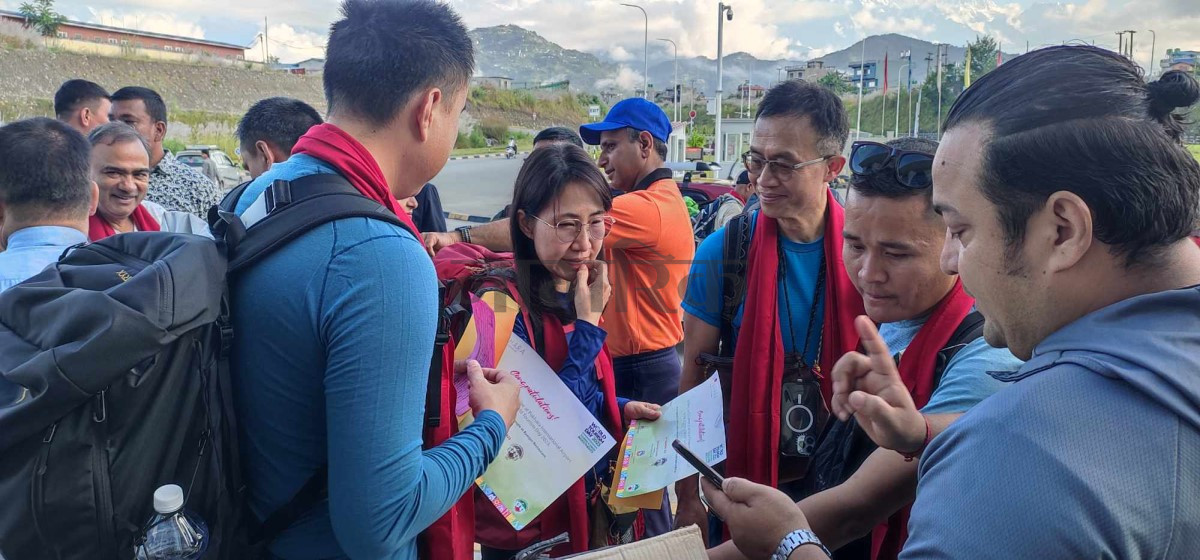
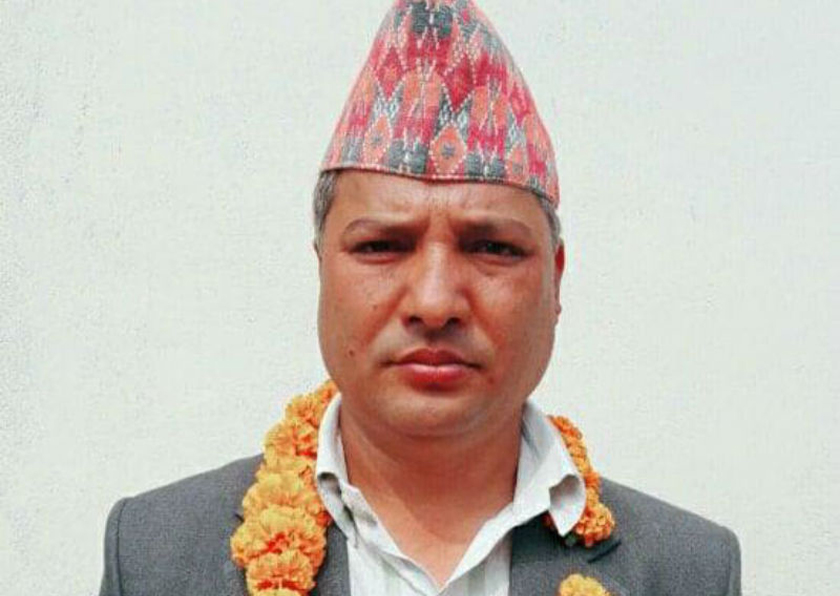

Leave A Comment